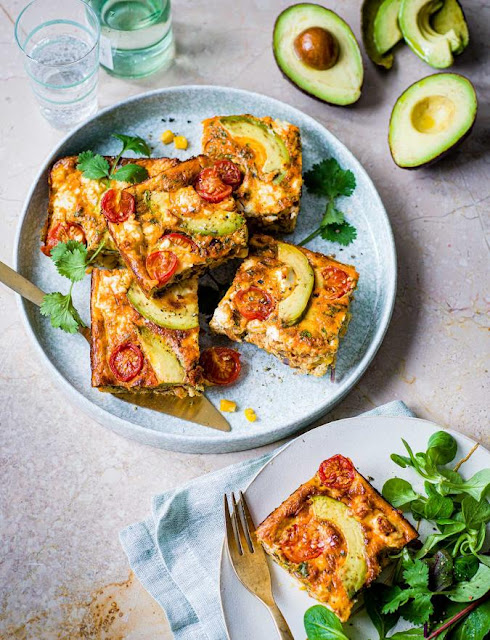Do you wear an apron while cooking or cleaning? When preparing food, cooking, washing up etc. my apron is always on. I was recently gifted a new one and delight in wearing it. I like my aprons to have pockets, and tend to choose ones that have flowers, butterflies, spring like patterns on them. When you start looking at the variety of aprons available there really is a large choice, so many styles, in fact something to suit everyone and all ages.
My dear mum always used to wear an apron while in the kitchen, it used to hang behind the kitchen door always ready to be slipped on. My Gran used to wear a wrap-around apron, I seem to recall they were always a blue shade ... funny what memories stay in your mind.
A little more about aprons
"Since ancient times, aprons have been worn for practical, decorative, and ritualistic purposes. The name comes from the French word for a small tablecloth, naperon.
There are many different styles of aprons, from the half apron to the full bib style.
In times past, little girls often wore pinafore aprons to protect their dresses (think Raggedy Ann or Alice from Alice in Wonderland).
In ancient Crete and Egypt, aprons were worn as symbols of status and during rituals.
During the Middle Ages in Europe, aprons were worn by homemakers, tradesmen, and artisans. Colours and patterns even correlated to certain professions – English barbers wore checkered aprons, stonemasons wore white aprons, cobblers wore black aprons, butchers wore blue stripes, and solid blue was often worn by weavers, spinners, and gardeners.
In the Americas, Native Americans often wore aprons for both practical and ceremonial purposes, while colonists wore aprons to protect their clothing.
The apron is perhaps most heavily associated with the 1950s American housewife. During that time, it became a symbol of family, motherhood, stability, and abundance following the horrors of the Great Depression and the World Wars.
There were plain, practical aprons for everyday use as well as sheer or ruffled aprons for wearing over dresses during hostess duties. Many mass-produced aprons were printed with kitchen themes like pots, toasters, or spoons. Homemade aprons were also very popular at the time.
In the 1960s, the idealization of housework fell out of favour as women began to reach outside the home for fulfilment, and the apron lost its popularity. However, it was still used as a protective garment in many professions. In fact, to this day waiters, barbers, butchers, artisans, and even X-Ray technicians regularly wear aprons made from a variety of materials (think cloth, leather, and lead).
In recent years, apron-wearing at home has also made a comeback, in part due to a revived interest in home cooking as well as the popularity of crafting and an interest in styles from the past."
now why not pop your apron on and make a
Ginger Cake
you can see the low carb recipe
here
This blog brings a variety of articles and recipe ideas, and it is important to note, not all may be suitable for you. If you may have any food allergies, or underlying health issues these must always be taken into account. If you are a diabetic and not sure how certain foods may affect your blood sugars, test is best, i.e. use a reliable meter. If you have any concerns about your health it is always advisable to consult your Doctor or health care team.
All the best Jan






























